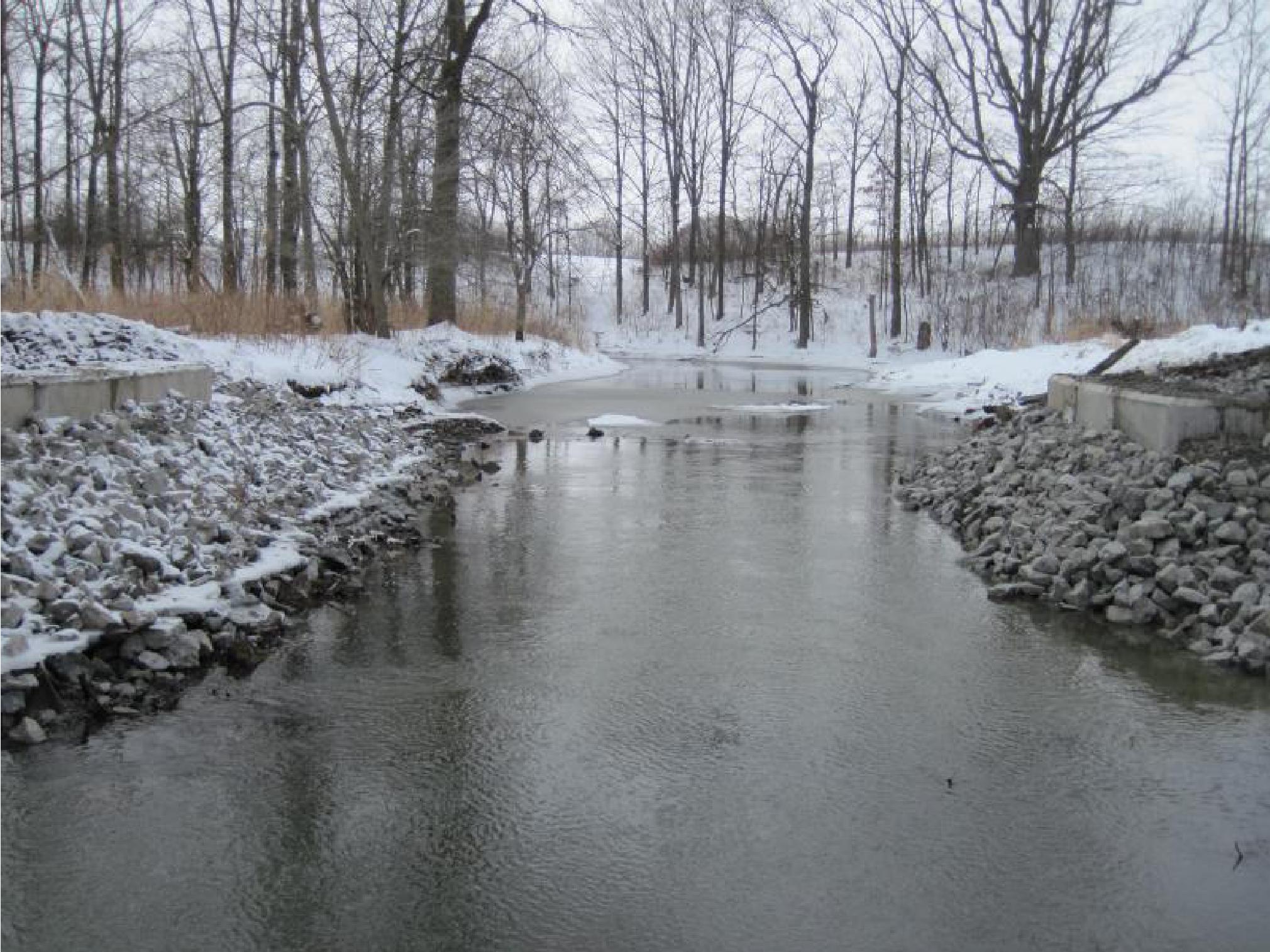Thirty-one Great Lakes clean-up projects were celebrated on behalf of federal Environment Minister Leona Aglukkaq in Quinte West, Ontario on April 23. These projects were funded by the Government of Canada’s Great Lakes Sustainability Fund, which has already supported more than 900 projects since 1989. The newest projects are valued at $1.88 million.
“The Great Lakes are fundamental to the well-being of millions of Canadians who live and work along their shores,” says Rick Norlock, member of Parliament for Northumberland—Quinte West.
The clean-ups and restorative activities are taking place in Great Lakes Areas of Concern, which are areas where the environment and water quality are severely degraded. These areas have been officially designated under the Canada-United States Great Lakes Water Quality Agreement.
“The funding of habitat restoration and monitoring programs by the Great Lakes Sustainability Fund will ensure that the Bay of Quinte remains a healthy and vibrant ecosystem. The Bay provides this region with numerous amenities, including everything from quality drinking water to a world class fishery,” states Glenda Rodgers, chief administrative officer with Lower Trent Conservation and the co-chair of the Bay of Quinte Remedial Action Plan Restoration Council. “This funding will help the Bay remain a sustainable and valuable resource for future generations.”
Projects supported by the Great Lakes Sustainability Fund typically focus on restoring fish and wildlife habitat and populations, cleaning up contaminated sediment, and controlling pollution from municipal wastewater, urban stormwater, and rural runoff.
The Great Lakes account for 20 per cent of the world’s surface freshwater supply. They are home to 150 species of fish and 3,500 plants and animals. There are more than 40 million people living on both sides of the border who live around the Great Lakes and rely on them for the environmental, economic, and social benefits.
This past year alone, the supported projects leveraged $3.76 million in funding from industry, academia, and other government agencies.
– Kristen Curtis












